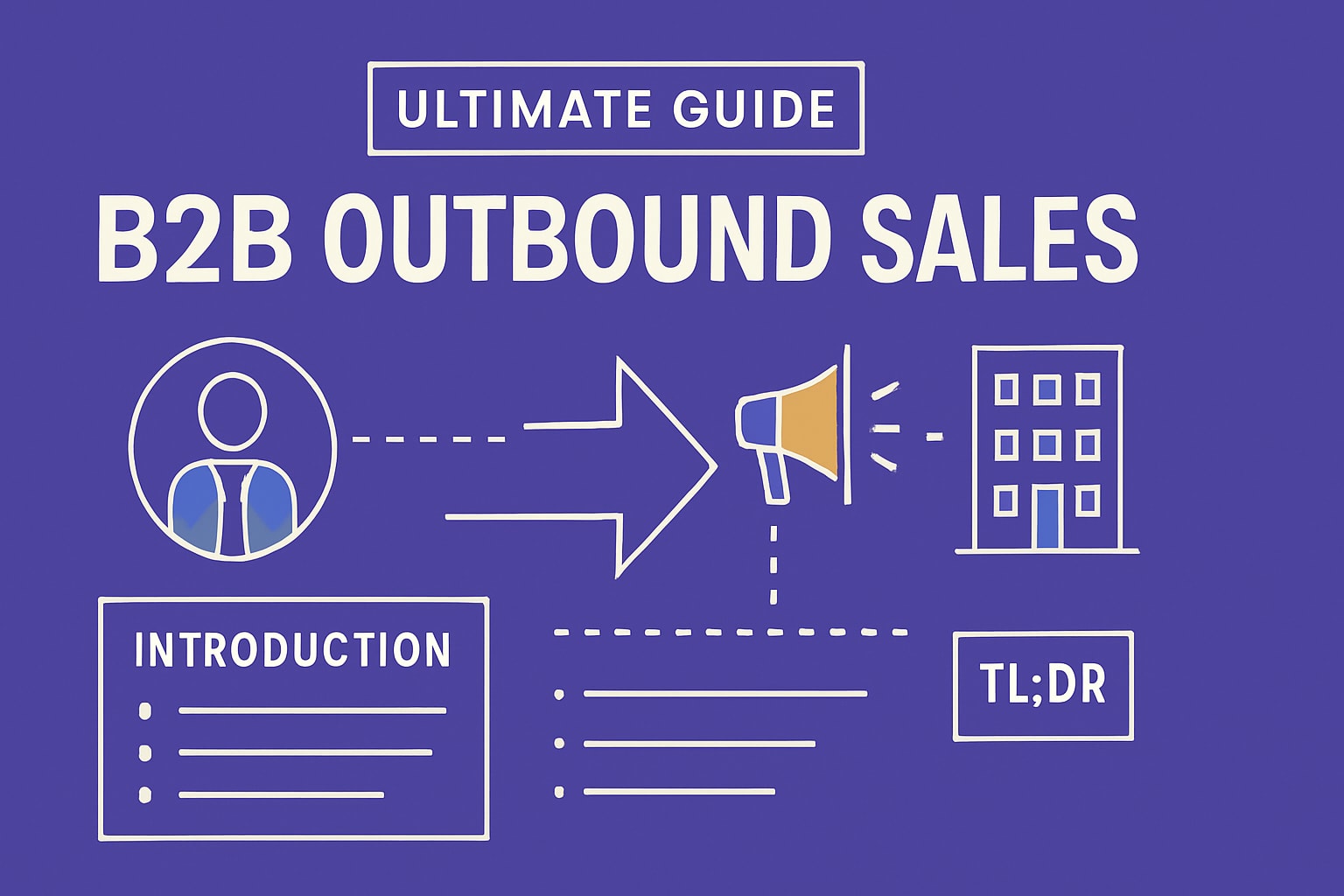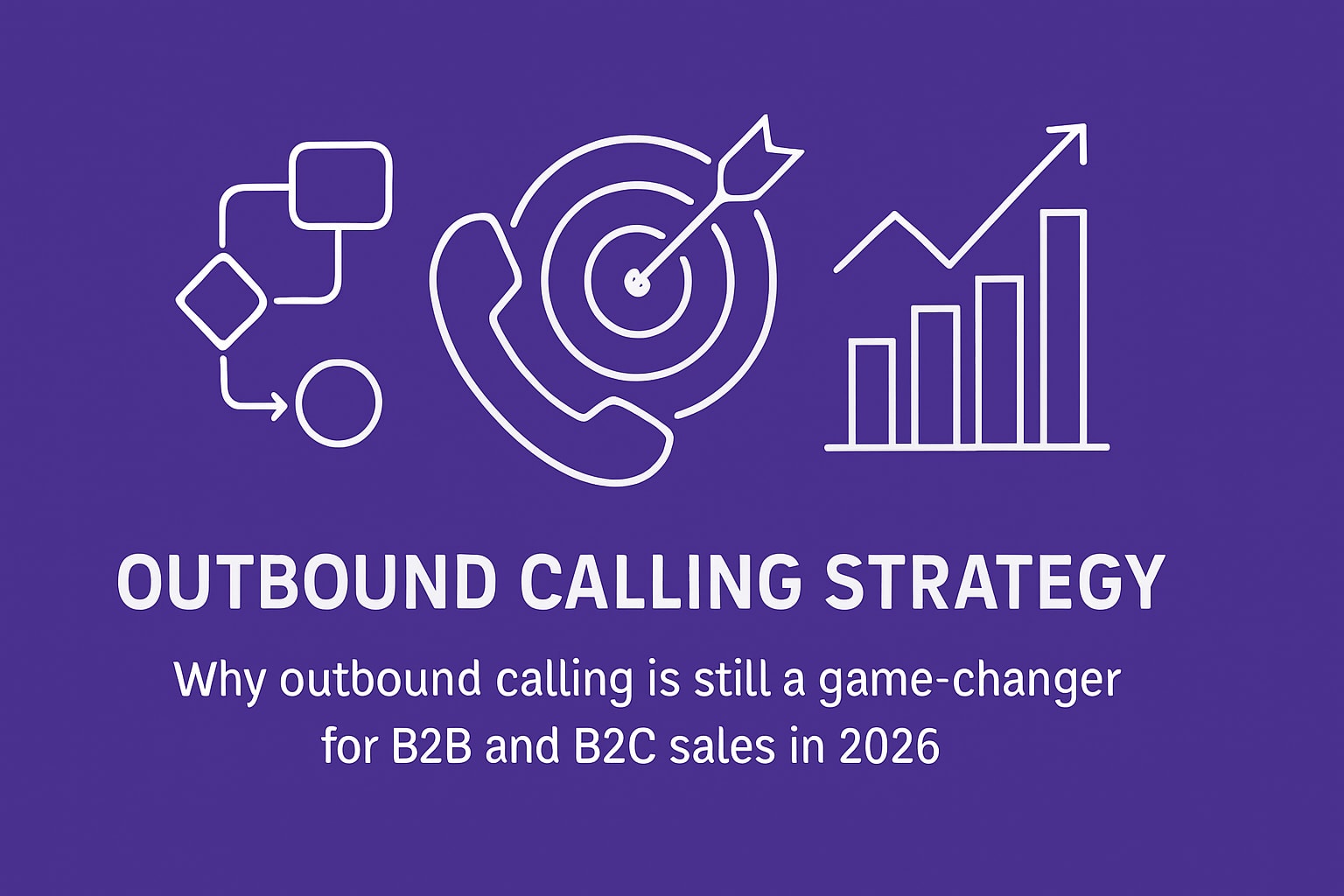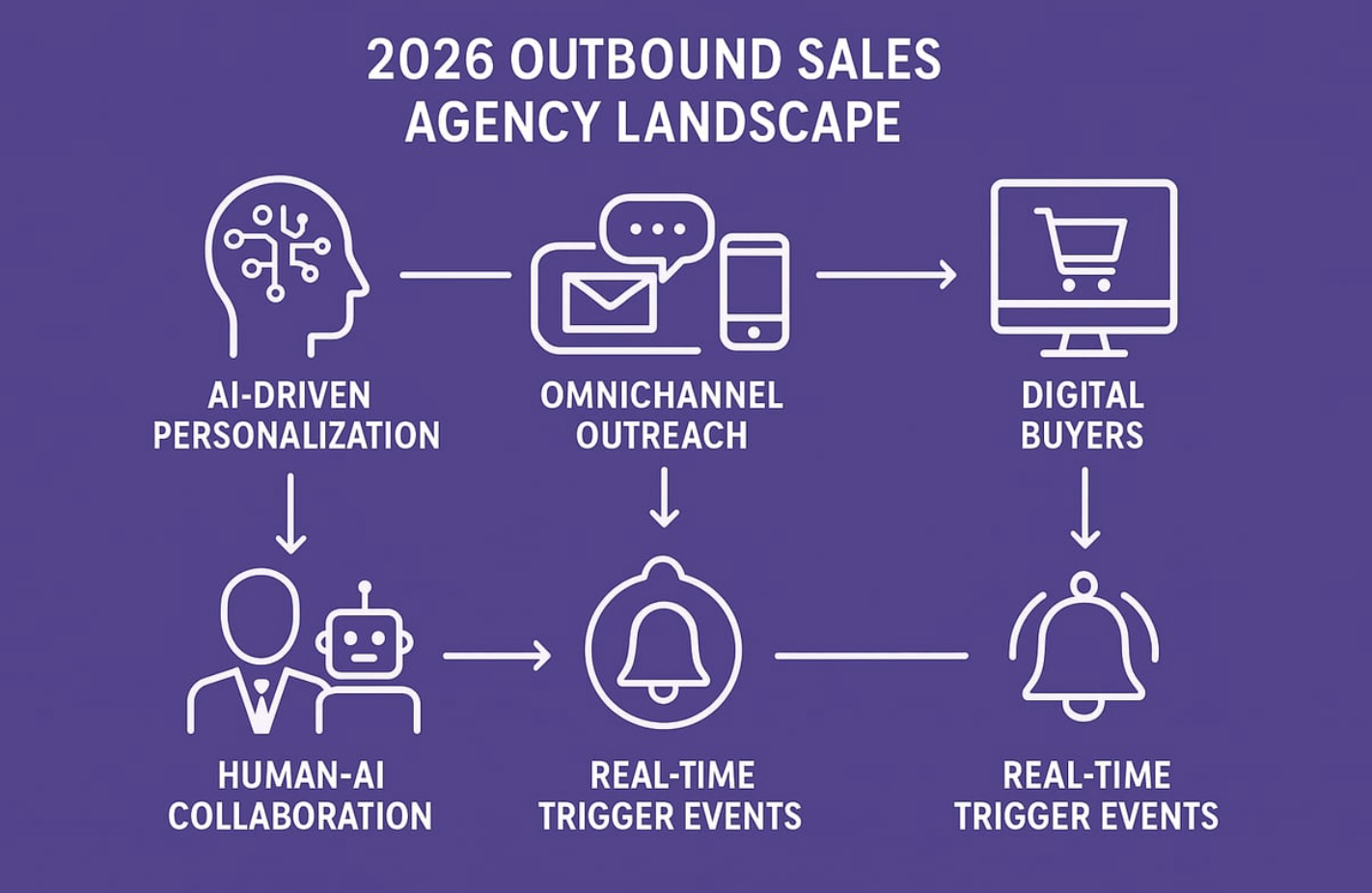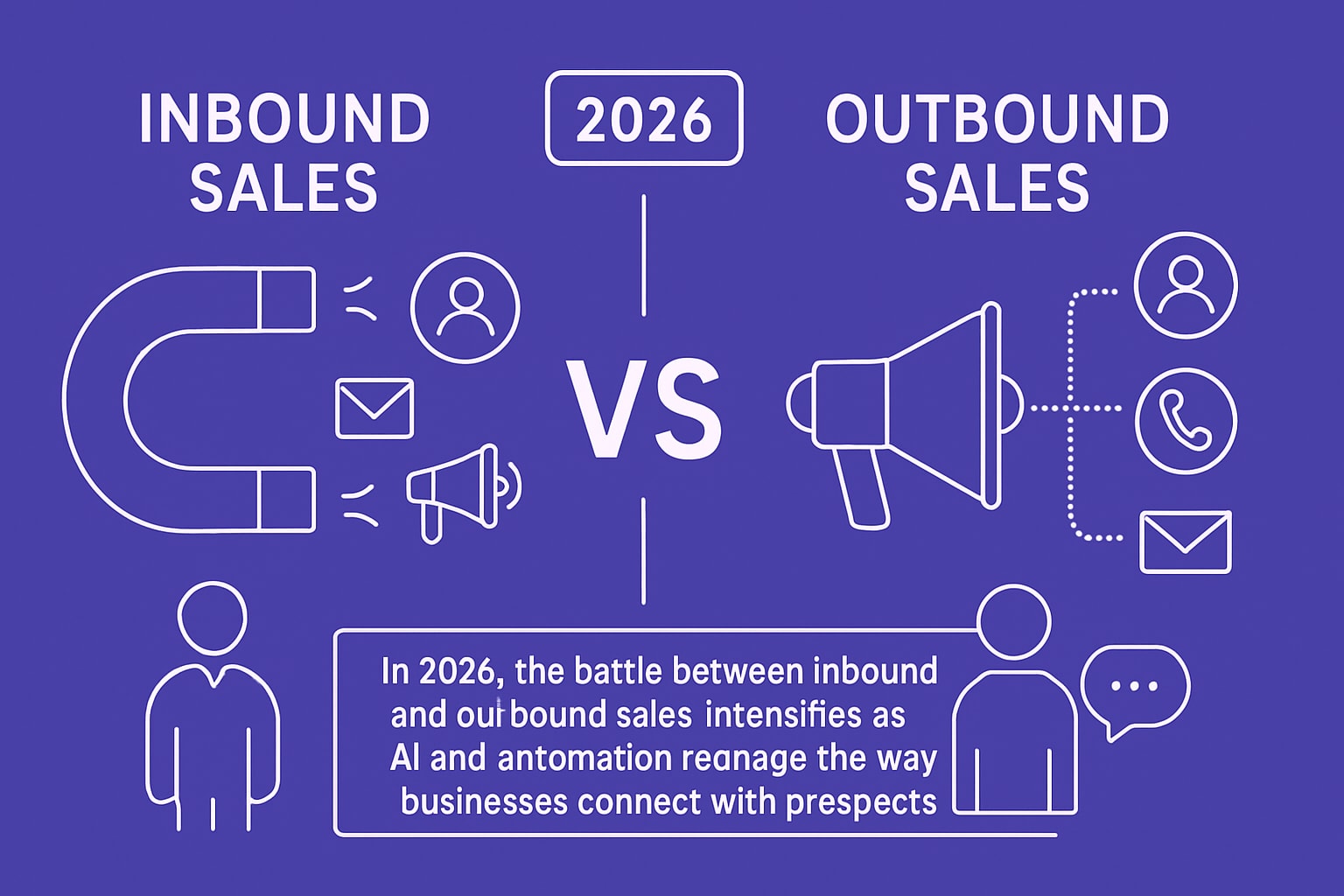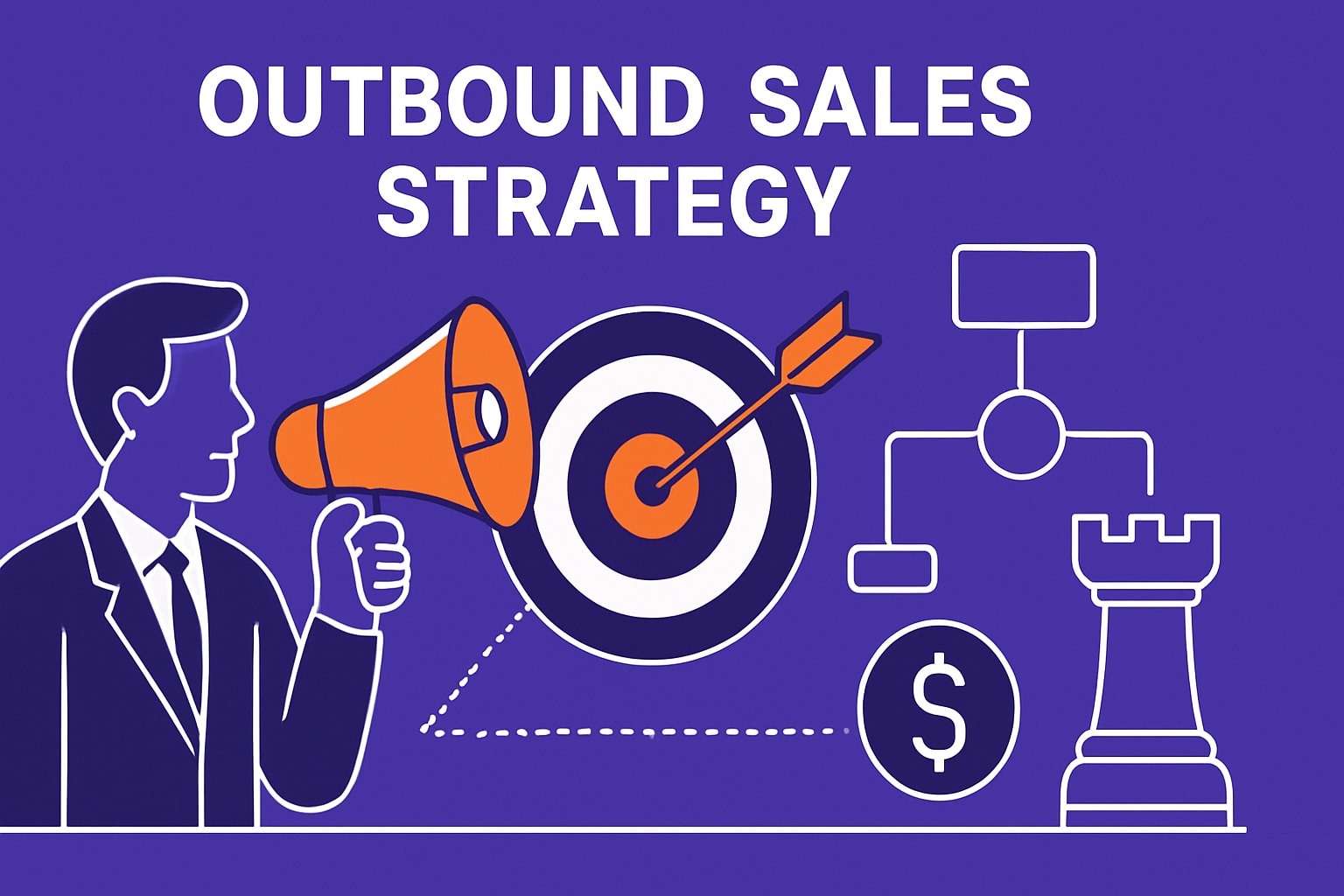Introduction
When it comes to the businesses in their infancy, the role of the founder extends far beyond just strategy and vision. Founders who are active participants in sales can accelerate growth, establish vital connections, and both gain and share valuable insights. In this article, we’ll delve into the reasons why founders should take charge of their sales efforts, explore the unique aspects of founder-led sales, address common challenges, and highlight best practices for success.
Why Founders Should Lead Sales
- Authenticity and Passion: Founders have an unparalleled level of passion and belief in their product or service. When founders personally engage in sales, they can authentically convey their vision and enthusiasm, which often deeply resonates with potential customers. This personal touch establishes trust and credibility, giving the sales process a significant advantage.
- Deep Knowledge and Expertise: Founders, being the driving force behind their business, possess extensive knowledge about their product or service. This expertise empowers them to address customer inquiries, overcome objections, and articulate unique value propositions more effectively than anyone else. Founder-led sales leverage this profound understanding, enhancing the sales process and fostering stronger customer relationships.
- Market Insights and Adaptability: Founders who actively participate in sales acquire valuable market insights, enabling them to identify emerging trends, recognize customer pain points, and adapt their offerings accordingly. This iterative feedback loop empowers founders to refine their product-market fit and enhance their overall business strategy. By maintaining a close connection with customers, founders can steer their companies towards long-term success.
Challenges of Founder-Led Sales
- Pursuit of Revenue: Founders often face the challenge of balancing multiple responsibilities, such as product development, fundraising, and operations. Juggling these demands while also driving sales can be quite challenging. It is crucial for founders to find a balance and allocate dedicated time and resources to sales activities. By prioritizing sales and ensuring sufficient focus on revenue generation, founders can navigate this challenge effectively.
- Focus on Educating Rather Than Selling: In founder-led sales, it is essential to prioritize the education of potential customers regarding the value and benefits of the product or service. Rather than adopting a purely sales-driven approach, the emphasis should be on understanding customer needs and delivering tailored solutions. This educational mindset plays a vital role in fostering trust and cultivating long-term customer relationships.
- Scalability in Outreach Efforts: As a business expands, founders face challenges in personally handling all sales activities. To address this, founders need to establish scalable processes and leverage technology to automate certain aspects of the sales cycle. By doing so, they can focus on strategic initiatives while ensuring a consistent and effective sales approach. This scalability allows founders to efficiently manage sales as the business grows.
Best Practices for Founder-Led Sales
- Clearly Define Ideal Customer Profile (ICP): It is crucial to identify and define the characteristics of your target audience, such as their industry, company size, pain points, and buying behavior. This clarity in understanding your ideal customer profile helps optimize your sales efforts and enables you to concentrate on the most promising leads. By aligning your sales strategies with the specific needs and preferences of your target audience, you can maximize your chances of success and drive effective customer engagement.
- Build Relationships and Provide Value: When it comes to sales, it is important to view it as a process of building relationships rather than simply conducting transactions. Dedicate time to understanding the needs of your customers, actively listen to their concerns, and provide valuable insights or resources. By focusing on building trust and credibility, you establish a solid foundation for successful sales. By fostering strong relationships based on trust, you create loyal customers who are more likely to engage with your business in the long term.
- Iterate and Learn from Feedback: Embrace a mindset of continuous learning. Actively seek feedback from customers, identify areas for improvement, and adapt your sales approach accordingly. This iterative process enables you to refine your messaging, overcome objections, and consistently enhance your sales effectiveness. By staying open to feedback and being willing to make necessary adjustments, you can continually improve your sales strategies and achieve better results.
Conclusion
Founder-led sales provide distinct advantages through the utilization of authenticity, expertise, and market insights. Although challenges may arise, founders can unlock significant growth potential by prioritizing revenue, emphasizing education rather than pure selling, and scaling outreach efforts. By embracing the role of sales as a founder and fostering meaningful connections with customers, you can propel your business forward with confidence and drive its long-term success.


